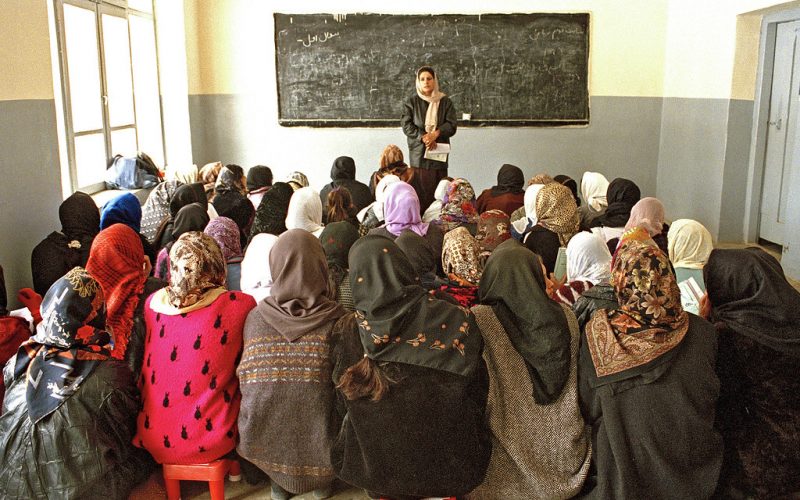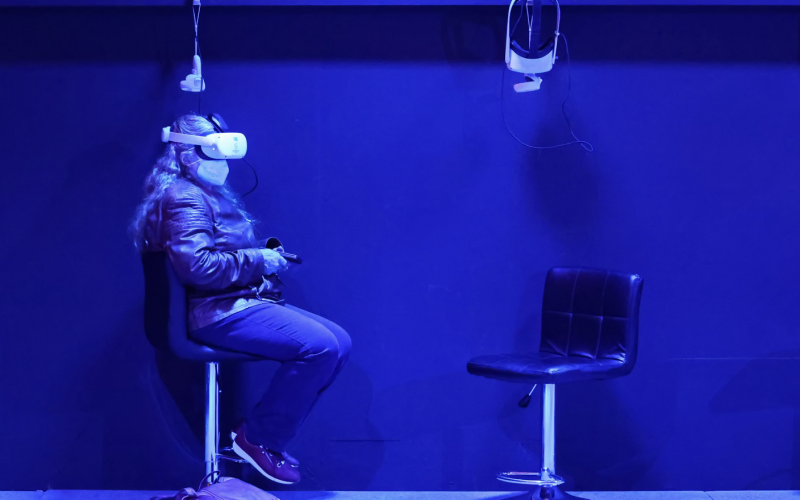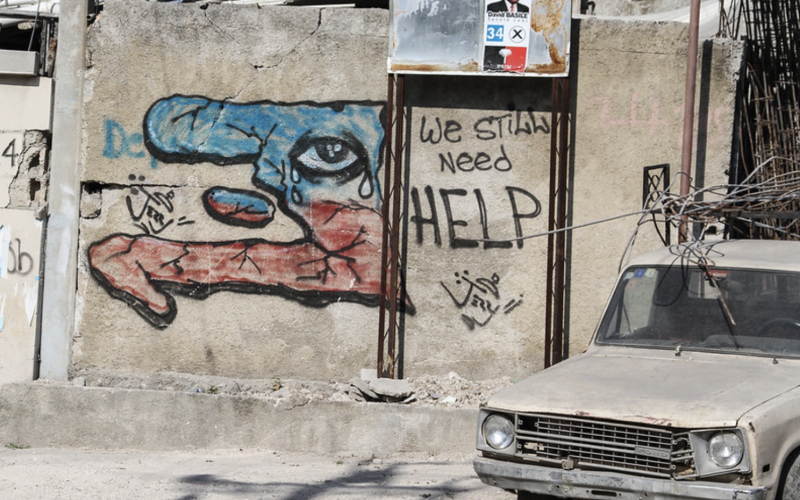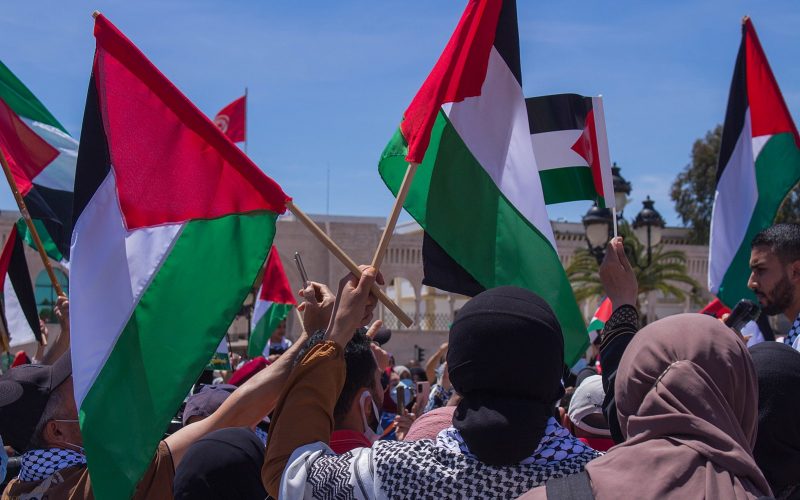* This article contains references to sexual abuse. January 2024 marked the first time in history that the British police conducted an investigation on the virtual sexual assault of a […]

Education is crucial to ensure human dignity of individuals. The right to education, as stipulated by UNESCO, entails primary education that is free, compulsory, and universal, and secondary education that is generally available, accessible to all, and progressively free. Yet, according to UNESCO estimates, 130 million girls ages 6 to 17 are out of school, and 15 million girls of primary-school age will never gain access to a classroom in their lives. Despite education being one of the most powerful tools in elevating the quality of life for marginalized individuals, it is often those very individuals that are subjected to conditions that restrain them from receiving this education. One of the most prominent global barriers to education for children is poverty. While poverty suppresses both male and female education, young girls experience distinct barriers that necessitate specific analysis, as exemplified in my case study of Nigeria.

Prior to the nineteenth century, textile and clothing production relied primarily on made-by-hand methods. The Industrial Revolution of the early nineteenth century marked the transition to a new, more efficient manufacturing process in the Western world. Mechanized methods of manufacturing became widespread, resulting in cheaper and faster clothing production. As consumer prices fell, new apparel retailers emerged to cater to a growing demand for affordable garments, and to create employment opportunities. While the Industrial Revolution provided an incentive to increase profits, these motivations were also responsible for creating deplorable working conditions that exploited the absence of labor protection laws.

“The enjoyment of the highest attainable standard of health is one of the fundamental rights of every human being without distinction of race, religion, political belief, economic or social condition,” according to the World Health Organization. Health as a human right, however, has been widely overlooked as it becomes increasingly threatened by the effects of climate change. The health effects are not only diverse but also overwhelmingly negative and wide-ranging. These effects being both direct and indirect will therefore impact all individuals as well as economies worldwide. Populations are pressured to change their diets, rapid changes to ice, snow, and land result in more life-threatening accidents, and natural sources of drinking water are disappearing and diminishing in quality. It is estimated that between 2030 and 2050, there will be 250,000 additional annual deaths resulting from heat exposure, malaria, diarrhoea, and childhood malnutrition. The protection of the environment has thus become a crucial part of the contemporary human rights doctrine. According to the Office of the High Commissions for Human Rights, “Human rights law requires each State to do more than merely refrain from interfering with human rights itself; it also requires the State to undertake due diligence to protect against such harm from other sources.” The State has a duty to its people to safeguard their well being even if it means regulating environmentally harmful corporations and industries. Therefore, it is the evident inaction by global institutions, such as governments, relating to the exacerbation of climate change that violates the fundamental human right to health.

I am writing from a government-mandated, fourteen-day self-quarantine, now a standard procedure for those who have travelled outside of the country in the past two weeks. Like many, I was surprised at the rapid progression of events surrounding COVID-19. When I left Canada, there were 21 cases of coronavirus in the United Kingdom—none in Scotland, the country that I was visiting. Upon my return home, just ten days after my arrival abroad, the number of cases had risen astronomically. Hundreds of Britons were infected with the virus and community transmission had been detected. It was becoming increasingly clear that the coronavirus would not be limited to China. In the startlingly fast escalation of the crisis, the World Health Organization declared COVID-19 a global pandemic.

According to the World Health Organization, approximately eighty percent of the injuries, illnesses, and deaths resulting from climate change are in children. This stems from the increased presence of extreme weather events resulting from human-induced climate change such as droughts, floods, storms, and heatwaves that children are significantly more vulnerable too. These events directly affect people across the globe but it is the most blameless and innocent members of our communities who will suffer the greatest. For the first time in human history, we are in a state of climate emergency, requiring us to defend first and foremost those on the front line who are likely to suffer most from the effects of climate change: children.

Kalief Browder was arrested in May 2010 at the age of sixteen; he was accused of stealing a backpack. His bail was set at $3,000—an amount that his mother could not afford. For the next three years, Browder was held in pretrial detention on Rikers Island, a New York City prison notorious for a culture of violence propagated by its guards. While there, he endured two years of solitary confinement which led him to attempt suicide several times. Browder refused multiple plea deals, adamant that he had not committed a crime. Finally, three years, thirty-one court dates, and multiple plea deals later, Browder’s case was dismissed on May 29th, 2013. He was released the next day.
Across the world, numerous countries are in the grips of raging protests that have taken to the streets. From Lebanon to Chile, citizens are fighting against economic disparity.



